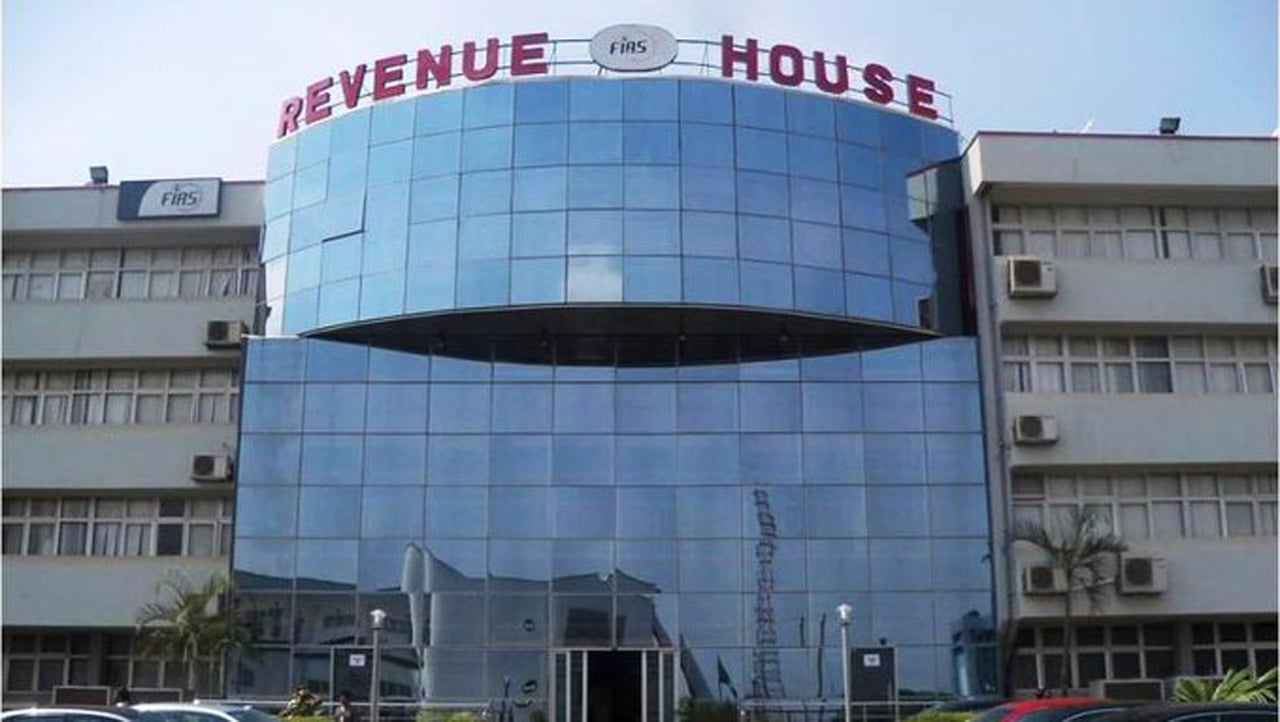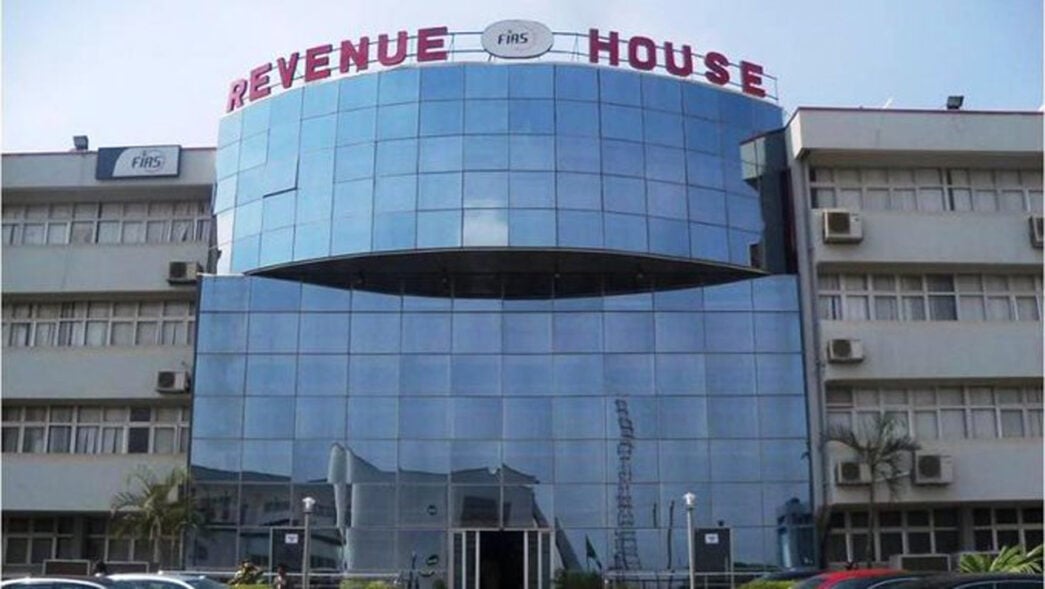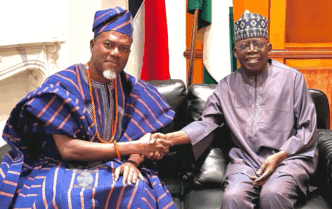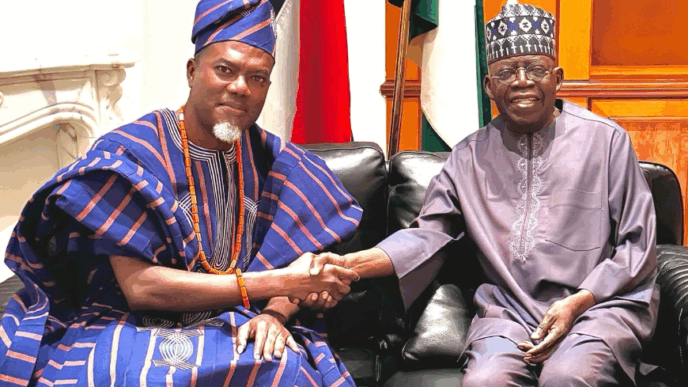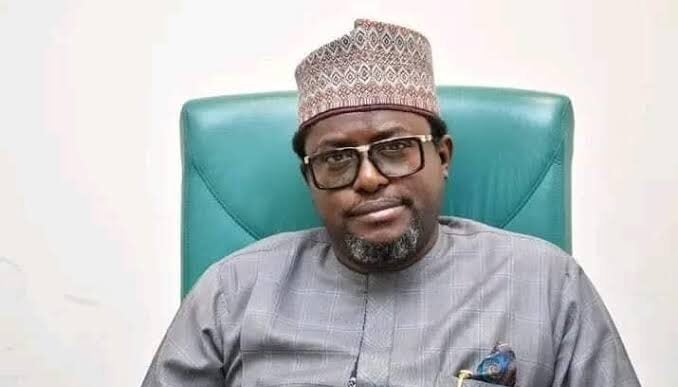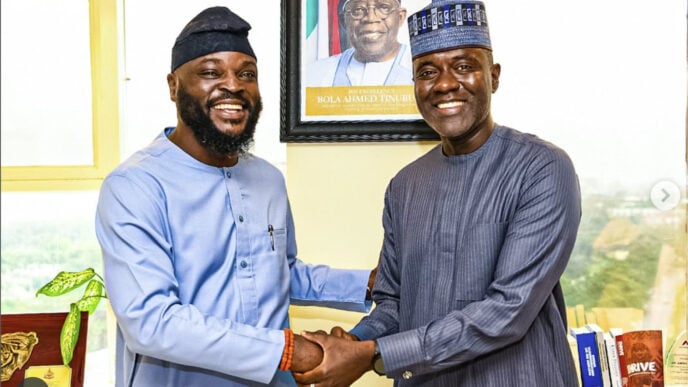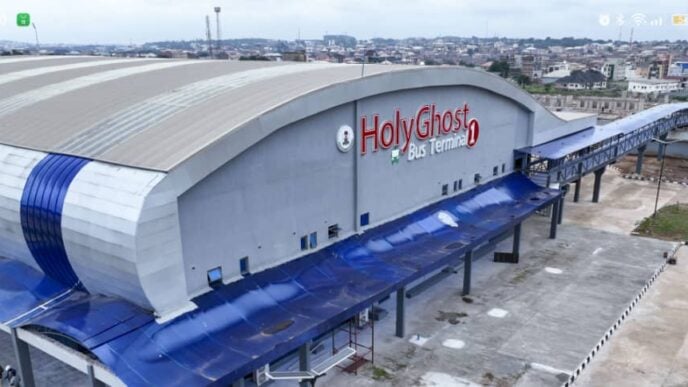Amid the tons of criticisms that have followed the sweeping socio-economic policies which ostensibly have defined his first term in office, President Bola Tinubu, in the face of these criticisms, seemed to have struck a defiant tone so far and he is relentlessly pushing through his agenda even though they have caused a dramatic reshaping of people’s lives and expectations. Curiously, he appears unfazed by the colossal effects these policies on Nigerians would have on his political capital heading to 2027.
What began as an innovative idea, necessitating so many man-hours dedicated to it, has quickly evolved into what may be a defining moment in the history of our country and one which, perhaps, would be far more consequential to the economic growth and development of this nation than initially believed.
The tax reforms process, which can well be said to be at the heart of the bouquet of policies unleashed by this administration, has been greeted with mixed feelings. While a section of people welcomed it, a torrent of folks have criticised the approach, timing and intentions of the Tinubu administration – it actually drew the ire of some Nigerians. Nonetheless, it is hoped that if properly implemented, it would make future administrations play catch-up because of the exponential movement in government receipts that would probably be seen at levels not ever thought even possible. Recently, a dear friend, Funmi Adeleke, shared an ageless quote: “If we want to change our story, we must stop recycling those who created our problems.”
This, for me, is what I think was the inspiration behind the tax reforms, particularly as it relates to the temerity, resolve and unflinching commitment displayed to achieve what can be termed a notable milestone in the history of this nation. I am particularly excited about the signing into law what will finally see the creation of the Nigerian Revenue Service (NRS) – a central database in line with global best practices to replace the current Federal Inland Revenue Service, which, for all intents and purposes, is laden with critical flaws that have energised corrupt practices.
Advertisement
For decades, our economic story has remained a constant. Nigerians are used to that popular sloganeering from one administration to the other about the diversification of our economy and are tired of hearing as it amounts to nothing but a political platitude. Government after government has performed poorly in driving government receipts, no inventiveness, and all they do is to ‘recycle’ the exact same range of measures and structures that were instrumental in plunging us into this economic deadwood.
Sad to say, with our fiscal space on the ropes and in dire straits, all our leaders do is to keep promising a better future for the country and its citizens when they are not doing anything differently, which raises agonising questions about their genuine intentions and underscores a maxim attributed to Albert Einstein: “Insanity is doing the same thing over and over again and expecting different results”.
Some experts strongly hold that the planned creation of the NRS, which is headline news, will kick off the nation’s road to full economic recovery by giving the government rocket fuel for fiscal expansionary and massive investments, and hopefully implement a raft of rules to reset the terms of tax administration in Nigeria. I share in this optimism too, but only cautiously. It is anticipated that it would initiate the long-awaited revolution in our revenue profile in a dramatic fashion and possibly at record-setting levels. There’s no dearth of revenues in this country. Nigerians recognise the nation’s good fortune, and they abound in virtually all economic sectors. Our problem has been how to efficiently institutionalise a robust system to harness them and stop the heavy drain on public finance.
Advertisement
The expected data integration and the revenue generating capacity of over 50 revenue generating agencies of government to be consolidated into one single structure; the central authority – NRS, signals a new dawn and would probably pull the plug on the monumental venality and structural inefficiencies reported to occur far too often in these agencies and a period of remarkably marked difference in government receipts will hopefully be underway to halt our again and again deficit financing.
Moreover, we can finally commence diminishing our reliance on what has been our prized jewel since the mid-70s, crude oil, to drive budgetary revenues. There are palpable concerns, however, on how this new structure would rein in the stupendously massive tax losses which is prevalent and keep growing in leaps and bounds in the informal sector, especially the motor parks.
Unlocking the Tinubu policy package was all it took for the knives to come out. The opposition holding this government to account is warmly welcomed because the pains and groaning of ordinary and poor Nigerians are at fever pitch and historic levels and are becoming unbearable. Many Nigerians are still struggling to understand and come to terms with what has befallen them economically in the two years of this administration. In criticising this administration, however, it must be measured and lines of attack carefully chosen to land well with Nigerians. I believe otherwise that playing the victim or issuing a blanket bill of failure for the Tinubu administration based upon his policies is not the correct strategy. It does not sit well with some Nigerians.
It might seem implausible, but I suppose it is in the best interest of the opposition to acknowledge some wins recorded rather than conclude that the entire batch of policies by this government is a mirage and counterproductive. For instance, speaking against the fuel subsidy, the very same policy they told all Nigerians they would implement, bruises their brand. That simply portrays them as hating Tinubu much more than they love Nigeria, and it is practically helping the very person they are trying to destroy. By way of illustration, the costs to the government of the systemic and institutional issues in the various revenue generating agencies are incalculable and for the first time in perhaps modern day Nigerian history, we are seeing a government get real about tackling longstanding challenges the country has been grappling with about revenues which has thrown a wrench to the country’s economic growth.
Advertisement
Notwithstanding, it is not yet Uhuru for this administration because to have the Act creating the NRS is one thing, the implementation to achieve the optimal outcomes in line with international norms is another. This administration must certainly not be seen to be taking a victory lap or patting itself on the shoulder just yet. While there are generally a number of upsides to this package of policies, one cannot rule out the downsides. The reality is that the downsides are all over the place and are taking a heavy toll and a whole new approach to people’s lives.
If the impacts on Nigerians are to be used as a metric to estimate the downsides of these policies, then there are no gains as the costs of living have in some cases quadrupled, compared to the situation pre-Tinubu presidency with no corresponding increase in wages and have ripped apart the fabric of the standard of living and hope for a decent and good life for several struggling and poor Nigerians.
The results of Tinubu’s policies on Nigerians constitute perhaps the biggest test of his presidency, and the option on the table is simple: he must make it his topmost priority and demonstrate wholehearted commitment to easing the pains felt by the people. Unfortunately, poor Nigerians don’t have clarity on the timeline of when these pains would end, and they would breathe a sigh of relief. Achieving this is the only time they can rightly say Tinubu’s policies have worked. The promising news is that the NRS, which is long time in coming, is finally here in January 2026.
However, it remains unclear if its setup, administration and process implementations would conform to universal standards of robust, transparent and efficient central tax databases. The question, one of many, is whether the improved government revenues coming from a well-implemented NRS would not be hijacked by a few but would be utilised to better the lives of ordinary Nigerians.
Advertisement
While many concerned Nigerians have echoed deep frustrations at the monumental mismanagement of our resources with the current tax structures, they are, nonetheless, optimistic – guarded optimism though, that the establishment of the NRS would reset the scales, finally turn the page on our decades of revenue problems and create a trajectory for economic growth and prosperity at an incredibly fast pace.
Ande, a financial and political economy analyst, writes from Lagos and can be reached via [email protected]
Advertisement
Views expressed by contributors are strictly personal and not of TheCable.

